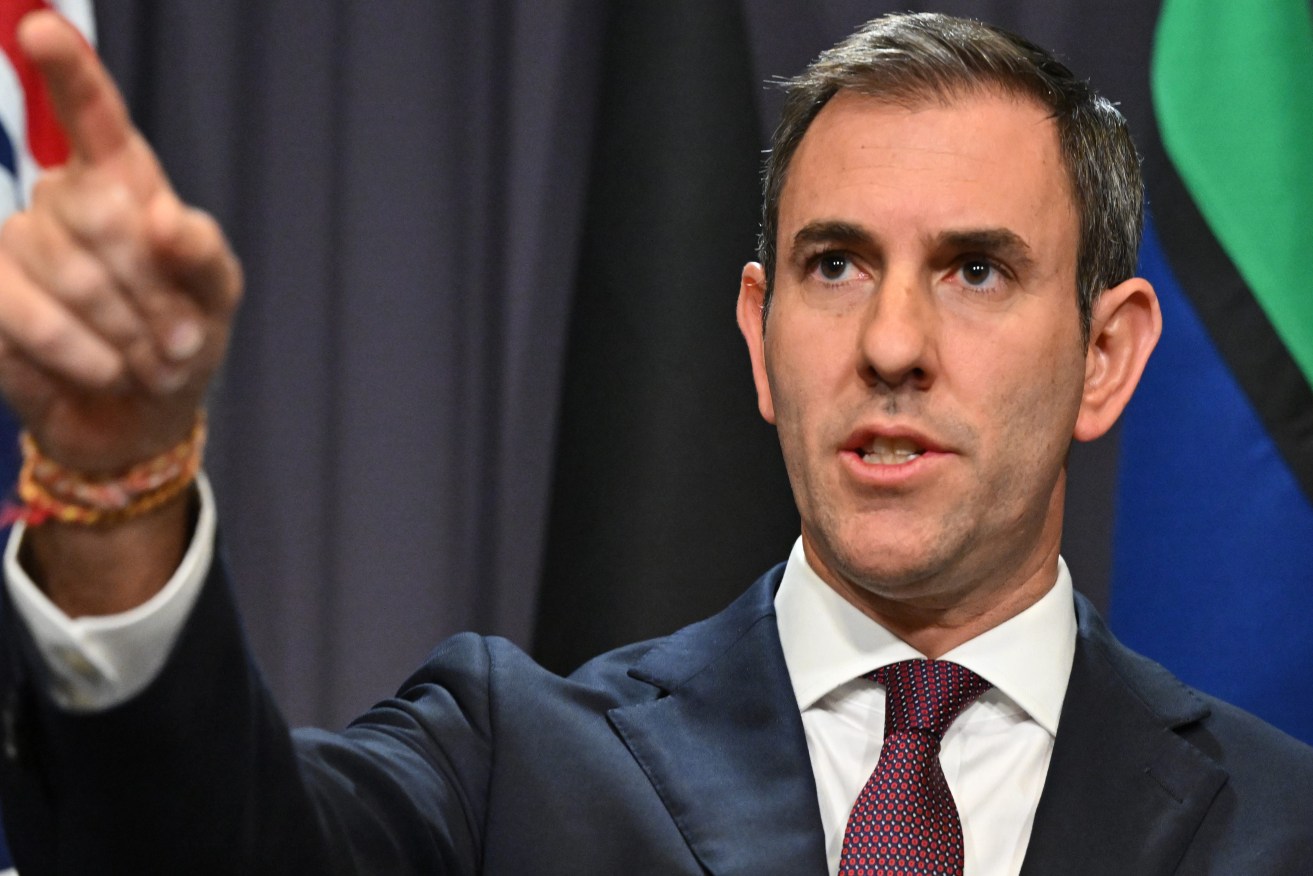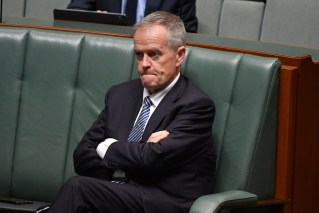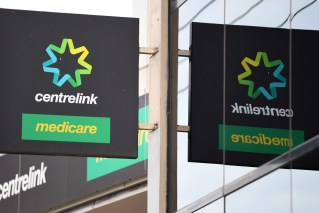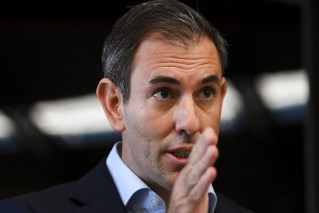Economic meltdown: Global recession fears ahead of next big rate rise
The world may be teetering on the edge of a global recession as the Federal Government warned of substantial challenges and a “difficult phase” as inflation figures point to even higher interest rates next week.


Treasurer Jim Chalmers says the so-called Stage 3 tax cuts won't just benefit the rich. (AAP Image/Mick Tsikas)
While there was still significant optimism in Australia, the International Monetary Fund said the global economic outlook “has darkened significantly since April”.
“Higher-than-expected inflation, especially in the United States and major European economies, is triggering a tightening of global financial conditions,” the IMF said.
“China’s slowdown has been worse than anticipated amid COVID-19 outbreaks and lockdowns, and there have been further negative spillovers from the war in Ukraine. As a result, global output contracted in the second quarter of this year.
“The world may soon be teetering on the edge of a global recession, only two years after the last one,” it said.
The IMF’s forecast for 2022 economic growth was now 3.2 per cent, a drop of 0.4 per cent. It would also slow to 2.9 per cent next year which indicated an even bigger fall of 0.7 per cent from its April forecasts.
Federal Treasurer Jim Chalmers was expected to update Parliament Thursday on his outlook for Australia as economists indicated the domestic economy was slowing from the RBA’s prediction in May of 4.2 per cent for 2022.
In response to the IMF statement, Chalmers said the world was entering a particularly difficult phase and the challenges were substantial and growing.
But inflation figures released late this morning were lower than expected, coming in at 6.1 per cent for the year and 1.8 per cent in June.
Economists said that would probably rule out a 0.75 per cent increase in interest rates next week, but would still likely mean a 0.50 per cent increase.
The food and grocery sector said costs were still being driven upward and its expectations were for an inflation rate for food to rise significantly and be closer to 7 per cent, compared with 4.3 per cent earier this year.
However, a Deloitte survey this morning said three quarters of corporate chief financial officers were confident about the financial prospects of their company, while another survey indicated that hiring intentions in Australia were still very strong.
Consumer confidence figures released this week showed an increase in sentiment, but it was still well below the same time last year.
The quarterly outcome of 1.8 per cent inflation, was slightly lower than the 2.1 per cent recorded in the previous quarter.
While the main drivers of inflation in the June quarter will again be fuel and food costs, housing and building costs are also likely to be strong – perhaps as high as 20 per cent year-on-year, according to JP Morgan economists.
Other factors are adding to the pressure, particularly in the housing sector where rents are rising and demand for new homes and related construction services and products remains strong.
Inflation is rising all over the world following the outbreak of war in Ukraine on the back of rising commodity and fuel prices.
This in turn is hitting the costs needed to manufacture goods and transport them to their final destinations.
Adding in labour market constraints in Australia due to a very low unemployment rate of 3.5 per cent and upward pressure on wages, many businesses have had no choice but to raise prices.
In spite of the global pressures, domestic consumer demand is still relatively high, particularly for services in a post-lockdown world.
Just when inflation might come down again is unclear.
“One of the things we need to … recognise is this is the first time in history we’ve had this sort of situation,” Australian Food and Grocery Council CEO Tanya Barden said on Tuesday ahead of the data.
“Normally economic theory is quite a good sort of predictor of the future but in this situation, the (economic) uncertainty is just so unique that I don’t think that economic theory is necessarily able to explain all of what we’re seeing.”
Ms Barden said she wouldn’t be surprised if the annual inflation rate for the June quarter comes in closer to seven per cent.
Once the inflation data is known, all eyes will be on the central bank and its August 2 meeting to discuss lifting the 1.35 per cent cash interest rate.
“The Reserve Bank of Australia is pressing on with its most aggressive tightening cycle in history, and the June-quarter inflation print will likely cement in a hike of at least another 50 basis points for August,” according to Moody’s Analytics.
Westpac economists think the central bank will steadily lift the cash rate to 3.35 per cent by February 2023.
And therein lies the bad news for variable mortgage rate loan holders and borrowers.












